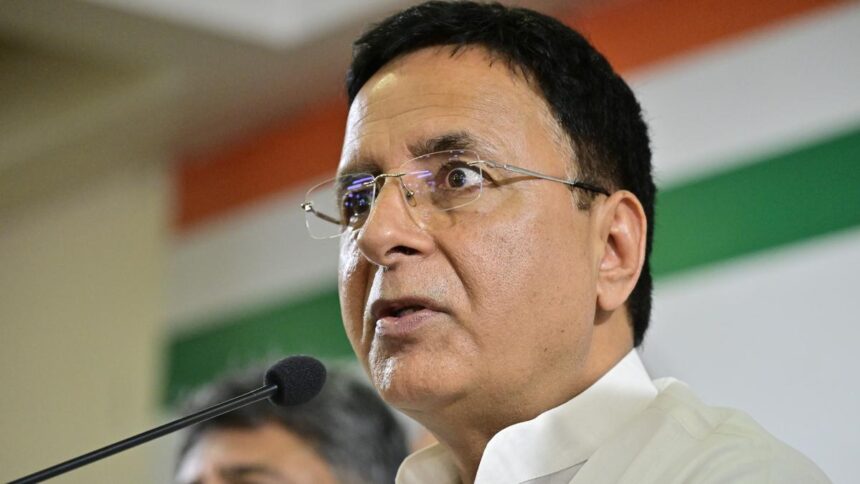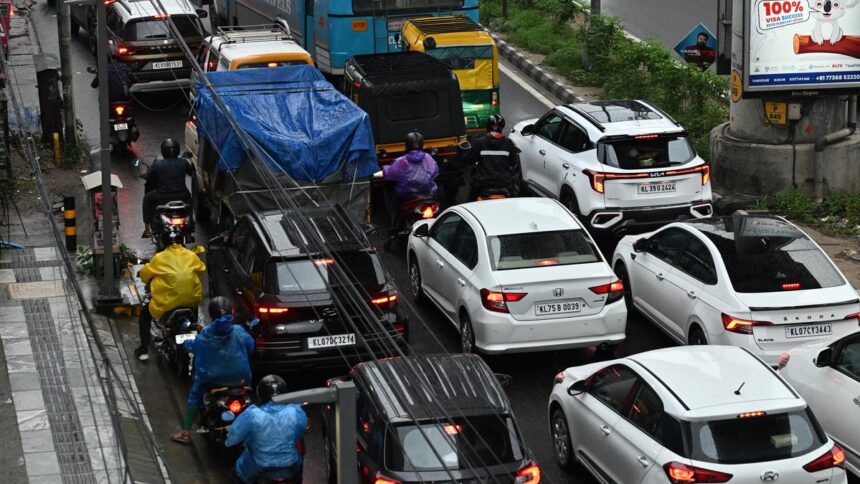
Representational file image.
| Photo Credit: V Raju
A first-of-its-kind report on child visitation rights for estranged fathers highlights the absence of balanced shared parenting laws in India and the urgent need for reforms.
The report by NGO Ekam Nyaay Foundation warns that fathers across India face prolonged separations from their children, bias in custody decisions, non-compliance with court-ordered visitation, false legal cases, and emotional distress caused by alienation tactics.
Based on responses from 108 fathers across the country, the study reveals that nearly three out of four fathers who approached courts seeking visitation rights were denied the opportunity to see their own children.
It notes that fathers are “grappling with significant legal and social hurdles, often fearing court proceedings and, at times, being misguided about their available legal options”.
The survey was conducted in the aftermath of the December 2024 suicide case of software engineer Atul Subhash, who in a detailed suicide note and a video accused his estranged wife and her in-laws of harassment and pressuring him for large sums of money to settle legal suits, and visitation rights with his four-year-old son.
A key focus of the report is on Section 6 of the Hindu Minority and Guardianship Act, 1956, which grants automatic custody of children under five years to the mother.
Questioning the Section of the law, the report stated: “Once the custody is granted in favour of mother, the father spends years of his life running from courts to courts. Meanwhile, the nascent years of the child’s infancy is lost. Resultantly, the child grows up in absence of the father defeating the entire concept of custody petition of the father.”
The report warns that separation of children under the age of five years from their fathers “starkly reduces the possibility of building a healthy relationship between the child and the alienated father”.
According to the survey, 48.2% of respondents had applied for child visitation rights in court. “It has been observed in personal interactions with respondents that fathers are frequently advised against filing for visitation rights,” the report said, noting that such advice often stems from fears of retaliatory legal action by estranged spouses.
Even among those who did approach the courts, success was rare. Out of 52 fathers who applied for visitation, only 13 were granted rights.
“Denial of visitation rights blocks out one parent from the life of a child thereby causing distance, which becomes difficult to bridge later, in case access is restored,” the report noted.
Even amongst the few fathers who were granted weekly visitation rights, the court orders are often ignored by the mothers, the report said.
Deepika Narayan Bhardwaj, director, Ekam Nyaay Foundation, said the Atul Subhash case brought public attention to the emotional toll on fathers being denied access to their children.
“Lakhs of fathers in India are being deprived of love of their own child because of alienation by the custodial parent. This research brings forth the plight of fathers suffering because of parental alienation,” she said, urging the judiciary that “courts must adopt shared parenting to do justice to fathers”.
Published – August 14, 2025 02:07 am IST




















